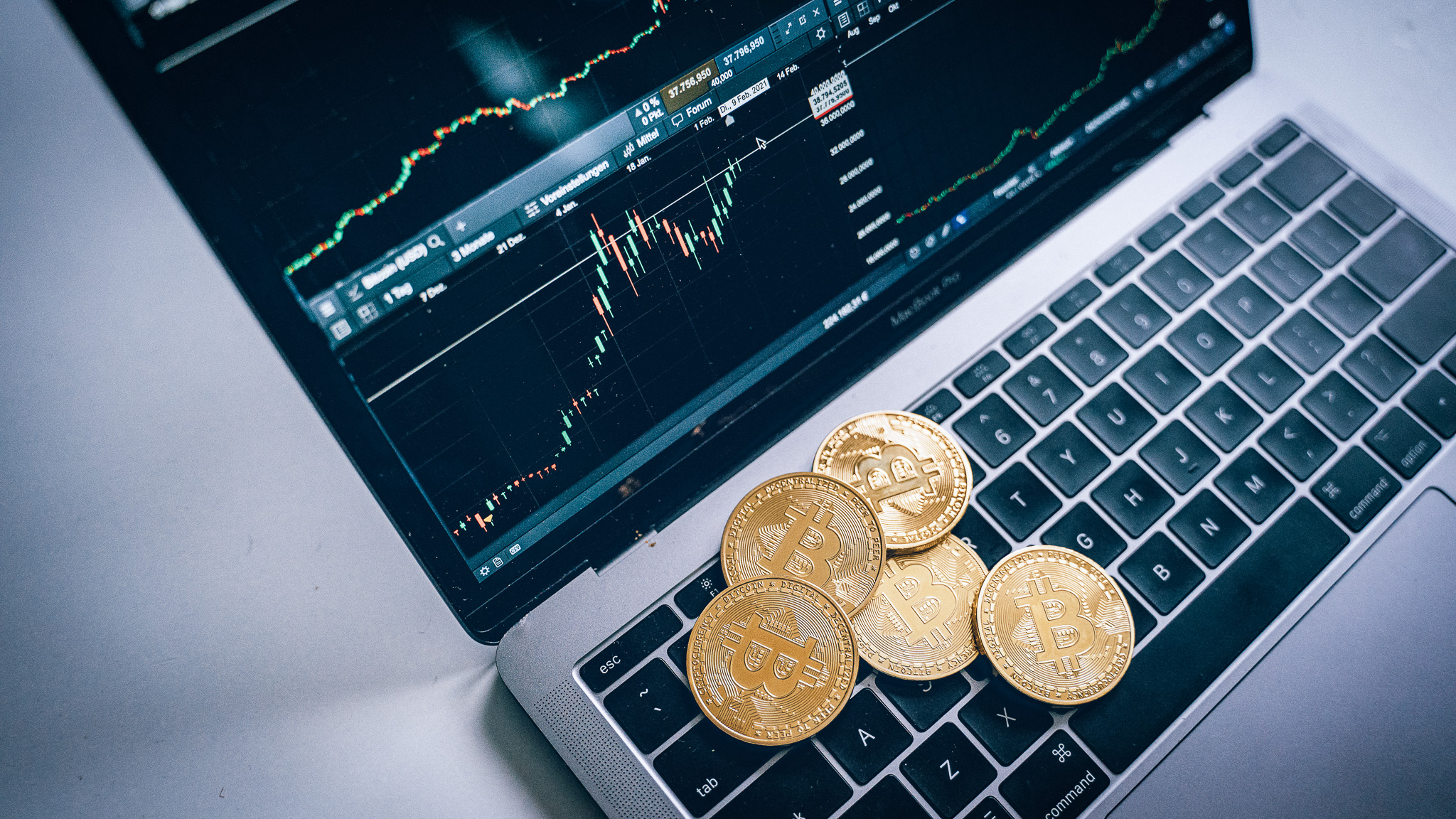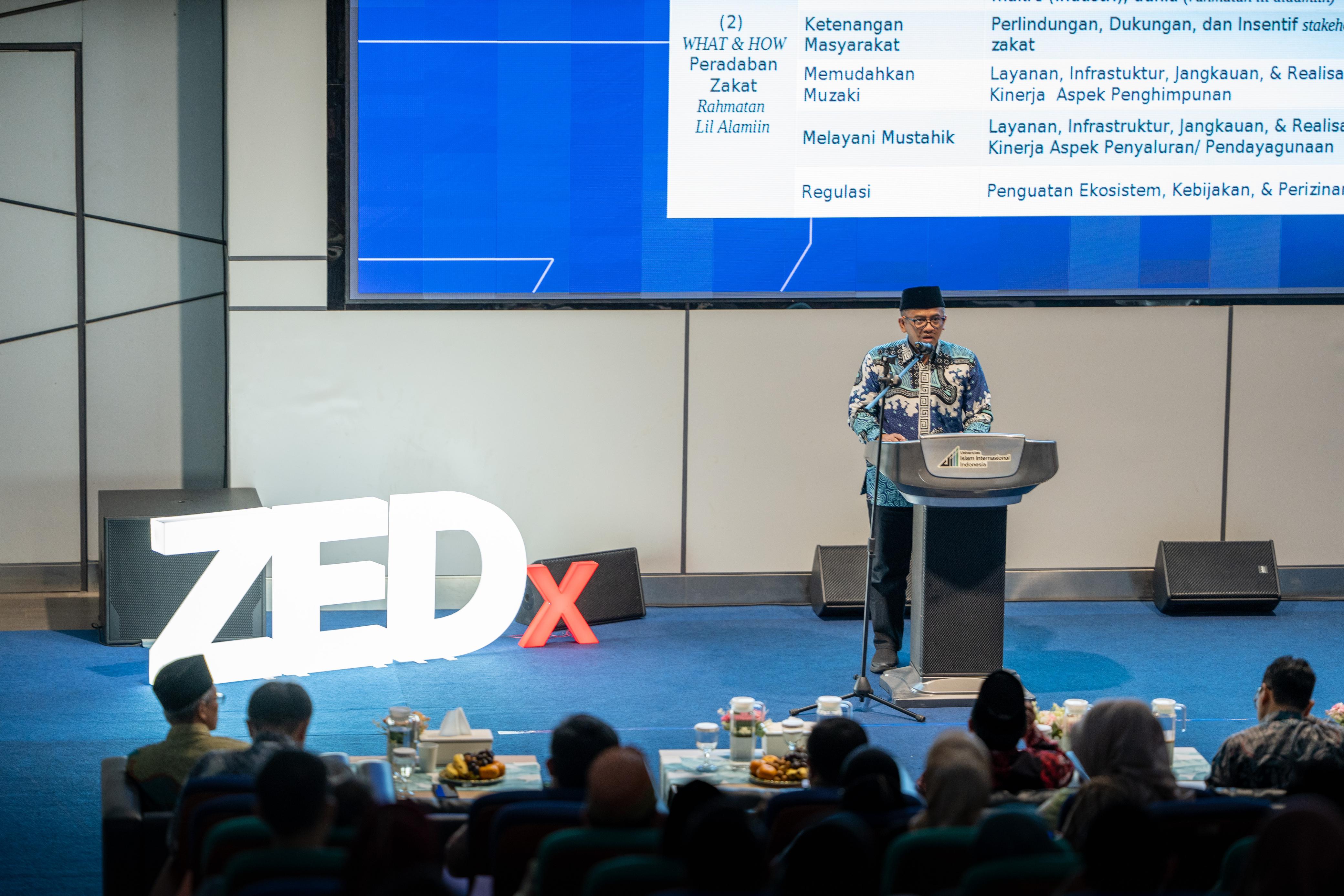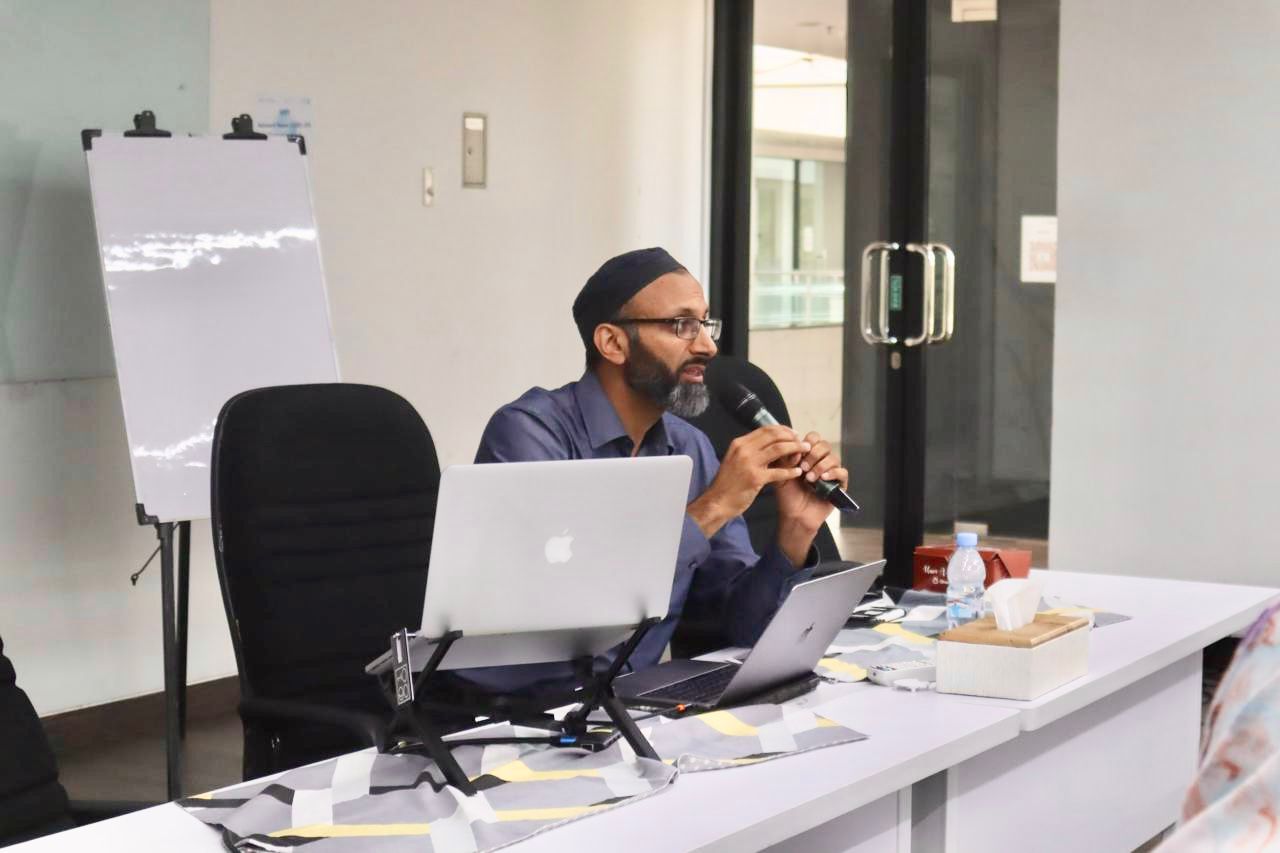The Volatility of Metal-Backed Cryptocurrencies: A Barrier to Zakat Payment?
May 02, 2023Contributor: Fatima Zahra | Editor: Dadi Darmadi

New types of currency, such as cryptocurrencies, have come into existence as technology advances. But their use for religious purposes, such as paying Zakat, is met with skepticism among Muslims.
Zakat is one of the five pillars of Islam, a mandatory charitable contribution given by Muslims who are able. It is a predetermined proportion of a person's wealth and is determined yearly, aiming to aid those in need and cleanse one's possessions. Syariah law requires zakat to be paid with tangible assets.
Metal-backed cryptocurrencies, which are supported by tangible assets, may be seen as acceptable for zakat payment. Patria Yunita and Mohammadtahir Cheumarb investigated the potential use of metal-backed cryptocurrencies in their research article "Zakat Payment by Metal-Backed Cryptocurrencies: Are They Allowed?". They considered cryptocurrencies such as Bitcoin Gold, GoldFinch, Gold Coin, Digix Gold Token, E-Dinar Coin, Gold-Money, and E-Gold, as well as gold and silver.
However, the authors found that the long-term volatility of GoldMoney is 67 times that of gold, while the volatility of E-Gold is just eight times that of gold. Some metal-backed cryptocurrencies even produce negative results, indicating that the influence of negative pressure is greater than the influence of positive pressure on returns. As a result, the authors concluded that metal-backed cryptocurrencies are not viable for Zakat payment due to excessive volatility.
In conclusion, while metal-backed cryptocurrencies could be a workable choice for Zakat payment under certain conditions, their significant volatility renders them inappropriate for this purpose. Muslims need to explore new forms of currency and their implications for religious rituals such as Zakat as technology continues to advance. The study by Patria Yunita and Mohammadtahir Cheumarb sheds light on this issue and inspires further research.
- UIII Extends Application Deadline for 2025 International Admissions
- What Does Eid al-Fitr Mean for the UIII Academic Community?
- UIII PhD Scholar Ararat Kostanian Delivers Lecture at Armenia's Yerevan State University
- Swedish Ambassador to Indonesia Applauds UIII’s Vision, Explores Future Collaboration
- Depok Mayor Supports UIII as the Green Lung of Depok and Beyond
- Depok Mayor Pledges to Build Performance Hall at UIII
- New Parking Facility Launched, Part of UIII-Sentra Medika Hospital Partnership
- Yogyakarta’s UII Won 1st FisFastFest’s Clash of Campuses
- Vice Minister of Religious Affairs Praises UIII as a Global Hub for Islamic Education
- Hurray!! UIII Wins Football Championship


